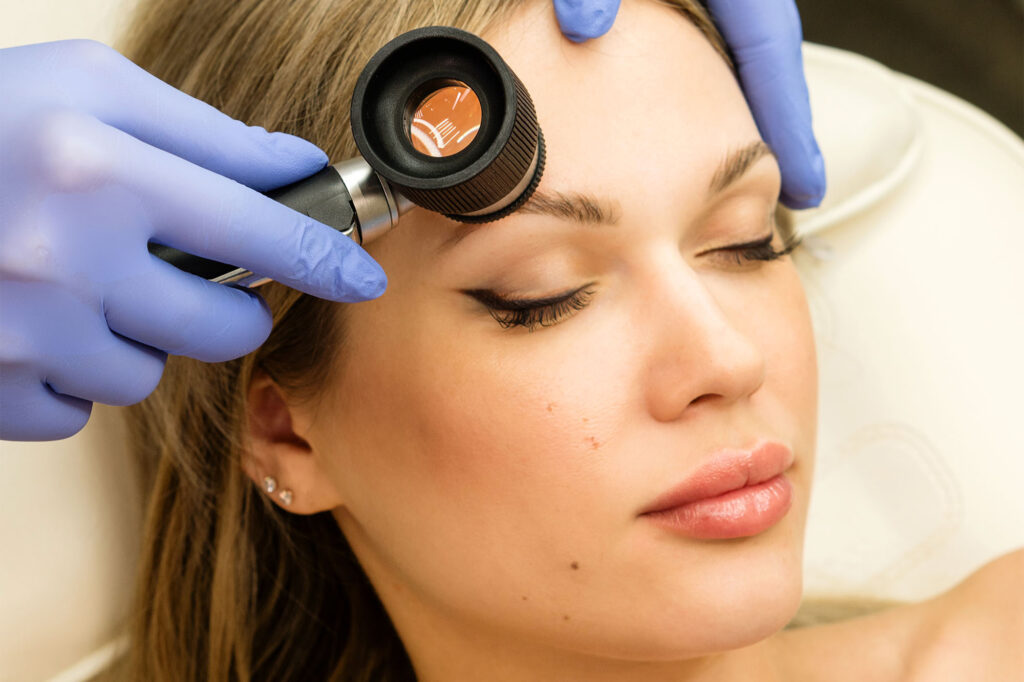- The vaccine aims to stop melanoma reoccurring in patients
- Trial has entered Phase 3 after successful Phase 2 study
- Immunotherapy looks to give personalised treatment targeting proteins found only on cancer cells

An international clinical trial testing a novel cancer immunotherapy that may prevent skin cancer from recurring has recruited its first patients.
The mRNA-based technology in this study is aimed at people who have already had high-risk melanomas removed.
The new Phase 3 clinical trial is evaluating the combination of mRNA-4157 (V940) and Keytruda (pembrolizumab) versus a current standard of care (pembrolizumab) as a risk-reducing treatment option for patients with resected, high-risk, stage IIB to IV melanoma.
It follows a successful Phase 2 study that found that in patients with stage IIIB to IV resected melanoma this treatment option almost halved the risk of cancer recurrence or death after three years compared with treatment with Keytruda alone among patients with advanced melanomas following surgical removal of the cancer.
The personalised treatment works by instructing the body to make up to 34 proteins, each targeting ‘neoantigens’ identified by gene sequencing and thought to be driving the cancer in that patient. The neoantigens are proteins found only on the cancer cells, and the individualised neoantigen therapy is designed to prime the immune system to attack the tumour cells in each patient, while Keytruda blocks an immunological ‘brake’ that protects the cancer.
“The idea behind this immunotherapy is that, by prompting the body to make these proteins, it can prepare the immune system to quickly identify and attack any cancer cells bearing them, with the aim of preventing recurrence of melanoma,” said medical oncologist Heather Shaw, the national coordinating investigator of the trial.
Melanoma, the most serious form of skin cancer, is characterised by the uncontrolled growth of pigment-producing cells. The rates of melanoma have been rising over the past few decades, with nearly 325,000 new cases diagnosed worldwide in 2020.
The technology was developed by Moderna in conjunction with MSD. A lot of the learning came from Covid research development and is now contributing to new treatments for cancer patients.
Researchers are now hoping that the Phase 3 study will confirm the findings of the earlier trial.